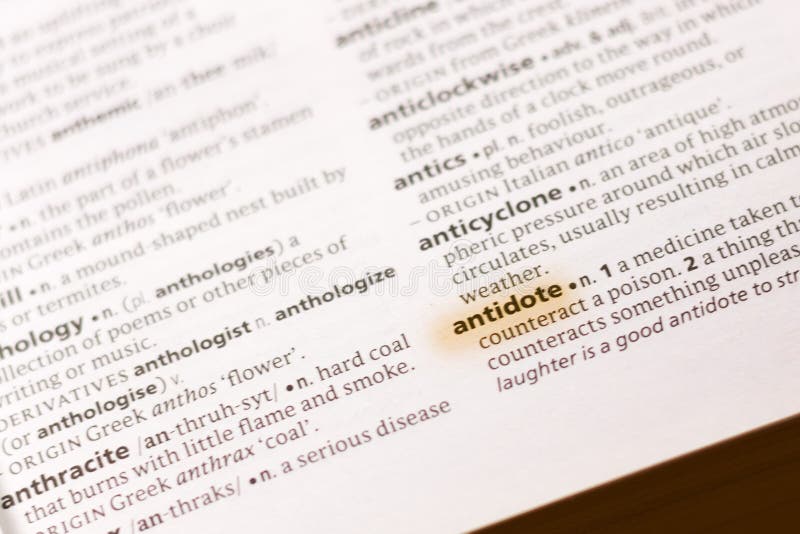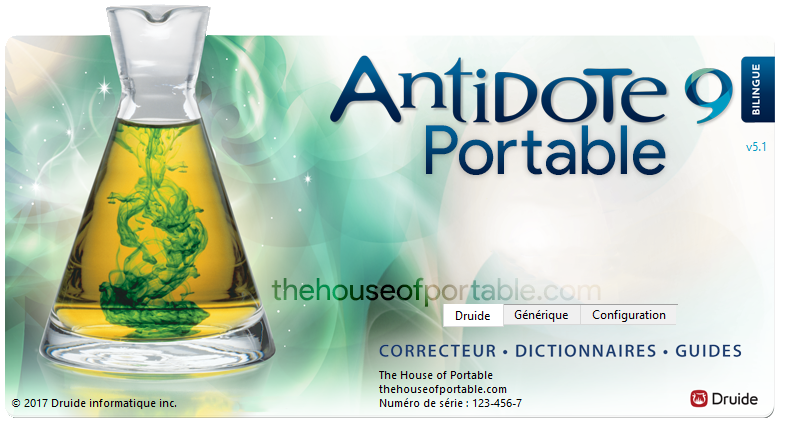

“A lot of people are going to deny or ignore their suffering, and a lot of other people are going to be completely overwhelmed by it.” To be tragically optimistic is a happy medium where instead of crushing our spirit, difficulties and challenges provide us with a learning moment, like re-framing the stress of giving a public speech as a challenge rather than a threat. “Suffering is a part of life, and the question is how are you going to cope with it?” explains Esfahani Smith, author of The Power of Meaning. “It acknowledges the difficulties and the pain and the suffering of what's going on, and at the same time, the ability to maintain hope,” she says.Ī cornerstone of the philosophy is the ability to find meaning and purpose amid challenges and setbacks. Tragic optimism, says Emily Esfahani Smith, offers a perspective on adversity that helps people weather crises with more resilience and grow as a result of them. First defined by Austrian psychologist and Holocaust survivor Viktor Frankl in 1985, proponents of tragic optimism maintain there is space to experience both the good and the bad, and that we can grow from each.Įxperts suggest that this kind of philosophy may be exactly what we need to cope as we’re still trudging through the pandemic – and may help us once we’re on the other side, too.

‘ Tragic optimism’ posits there is hope and meaning to be found in life while also acknowledging the existence of loss, pain and suffering. Instead, suppressing negative emotions can actually make us feel worse.īy contrast, another mindset approach boasts a more realistic framing. Persistent reminders to reflect on ‘how good we have it’ in the midst of strife and struggle don’t make sadness, fear or anxiety dissipate, research shows.


Plus, there are few things more grating than encountering a toxic positivist when you’re grappling with grim reality.Īnd failing to acknowledge hardships can have a detrimental effect on our mental health. Of course, staying upbeat and expressing gratitude are hardly adverse practices, but this unrelenting optimism – known as ‘toxic positivity’ – paints negative emotions as a failure or weakness. Yet there have been differences in the ways we’ve approached time spent in isolation.įor some, positivity has been essential to coping with the crisis – many have relished a chance to slow down and reevaluate, felt grateful to still have a job or kept the good things in perspective (even while balancing virtual schooling, remote work and keeping the family safe). Over the last year, as the pandemic has morphed from terrifying to inconvenient to long-term life-altering event, our coping mechanisms have had to adapt and evolve.


 0 kommentar(er)
0 kommentar(er)
